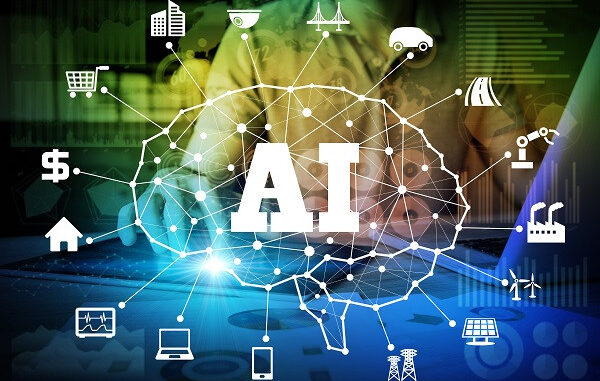
Yes, machine learning (ML) is a subset of artificial intelligence (AI) that focuses on the development of algorithms and statistical models that enable computers to perform tasks without explicit programming.
Instead of following hard-coded instructions, ML systems learn from data to identify patterns, make predictions, or decisions based on new input.









Here are a few ways in which ML enables AI systems:
1. **Data-Driven Learning**: ML algorithms learn from large datasets by recognizing patterns within the data, which allows for the automation of complex tasks that would be difficult to program manually.
2. **Predictive Analytics**: ML is widely used in predictive analytics, where systems can forecast future outcomes based on historical data. This is essential in fields like finance, healthcare, and marketing.
3. **Natural Language Processing (NLP)**: ML techniques power many NLP applications, allowing machines to understand, interpret, and generate human language. This includes applications like chatbots, translation services, and sentiment analysis.
4. **Image and Video Recognition**: Convolutional neural networks (CNNs), a type of ML model, are used for image classification, object detection, and facial recognition, enabling systems to interpret visual data.
5. **Reinforcement Learning**: This area of ML involves training algorithms to make decisions by interacting with an environment to maximize a reward. It’s widely used in robotics, autonomous vehicles, and game AI.
6. **Personalization**: ML algorithms can analyze user behavior and preferences to deliver personalized experiences, such as recommendations on platforms like Netflix, Amazon, and Spotify.
Overall, ML is a fundamental technology that drives many of the advancements in AI, allowing systems to adapt, learn from experience, and perform tasks that enhance human capabilities.


Leave a Reply